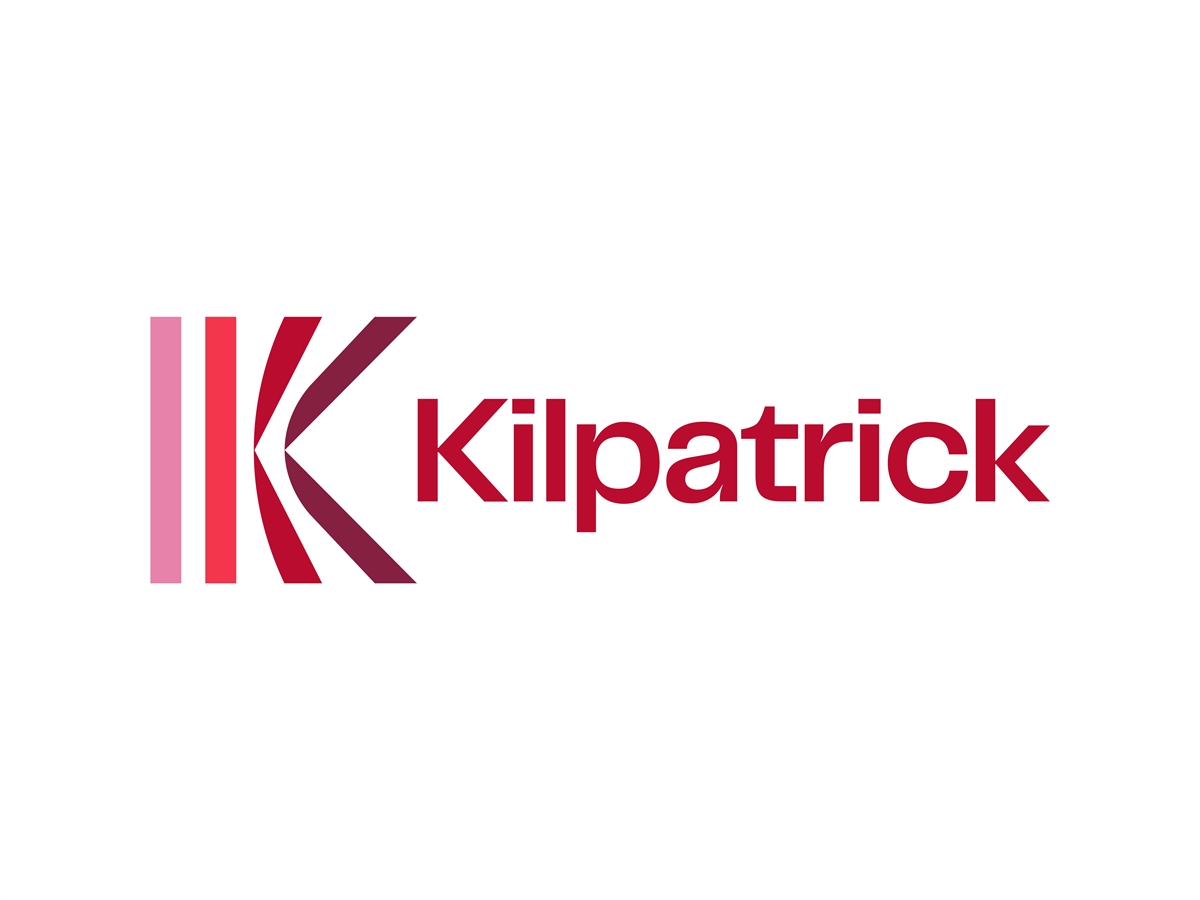AI might be transforming the workplace, but companies touting AI-powered tools should proceed with caution. In a recent decision, the National Advertising Division (“NAD”) reviewed Microsoft’s claims about its Microsoft 365 Copilot (“Copilot”)—an AI-powered productivity tool.
Microsoft’s marketing promised the kind of futuristic workplace many companies dream about: tools that seamlessly summarize, rewrite, and generate documents across Microsoft’s suite of apps, all while delivering outsized productivity gains and ROI. Microsoft backed its claims with product demos, internal user data, and surveys showing that users felt more productive. NAD found that Microsoft’s claims exceeded even the impressive capabilities of Copilot, and that Microsoft made another common advertising error – conflating self-reported subjected experience data with objective metrics.
For example, NAD found Microsoft’s claims about Copilot’s ability to work “seamlessly” across apps or summarize “large amounts of data” implied a level of flexibility that Copilot doesn’t deliver. Copilot can indeed summarize and draft content. But it is capped at about 60 pages for summarizing and 10 pages for rewriting, which was not disclosed in the ads. NAD also found that Copilot works differently in Business Chat compared to Word or PowerPoint; Business Chat only generates text for users to paste elsewhere, while Copilot in Word or PowerPoint can create documents directly. NAD said these key limitations need to be clearly disclosed up front, rather than in fine print on support pages.
Microsoft’s productivity claims also didn’t pass muster. It advertised that “67% of users say they are more productive after six weeks,” but those numbers were based on users’ subjective perception and not objective productivity metrics. NAD took issue with Microsoft presenting these percentages without clearly explaining that they came from self-reported surveys, noting that such claims could easily mislead consumers into thinking they reflected hard data.
To its credit, Microsoft voluntarily discontinued several of its most aggressive productivity and ROI claims during the review, including statements like “29% faster at everyday tasks” and “112% to 457% ROI over three years.” But for the remaining claims, NAD recommended that Microsoft either modify its advertising to disclose the basis for the claims or discontinue them.
AI-powered tools may be innovative, but they aren’t exempt from longstanding advertising rules. Advertisers must clearly disclose product limitations, avoid overstating capabilities, and back up performance claims with appropriate evidence. In emerging industries like AI, where technology can seem opaque to many users, advertisers need to make sure their messaging is accurate and transparent.
